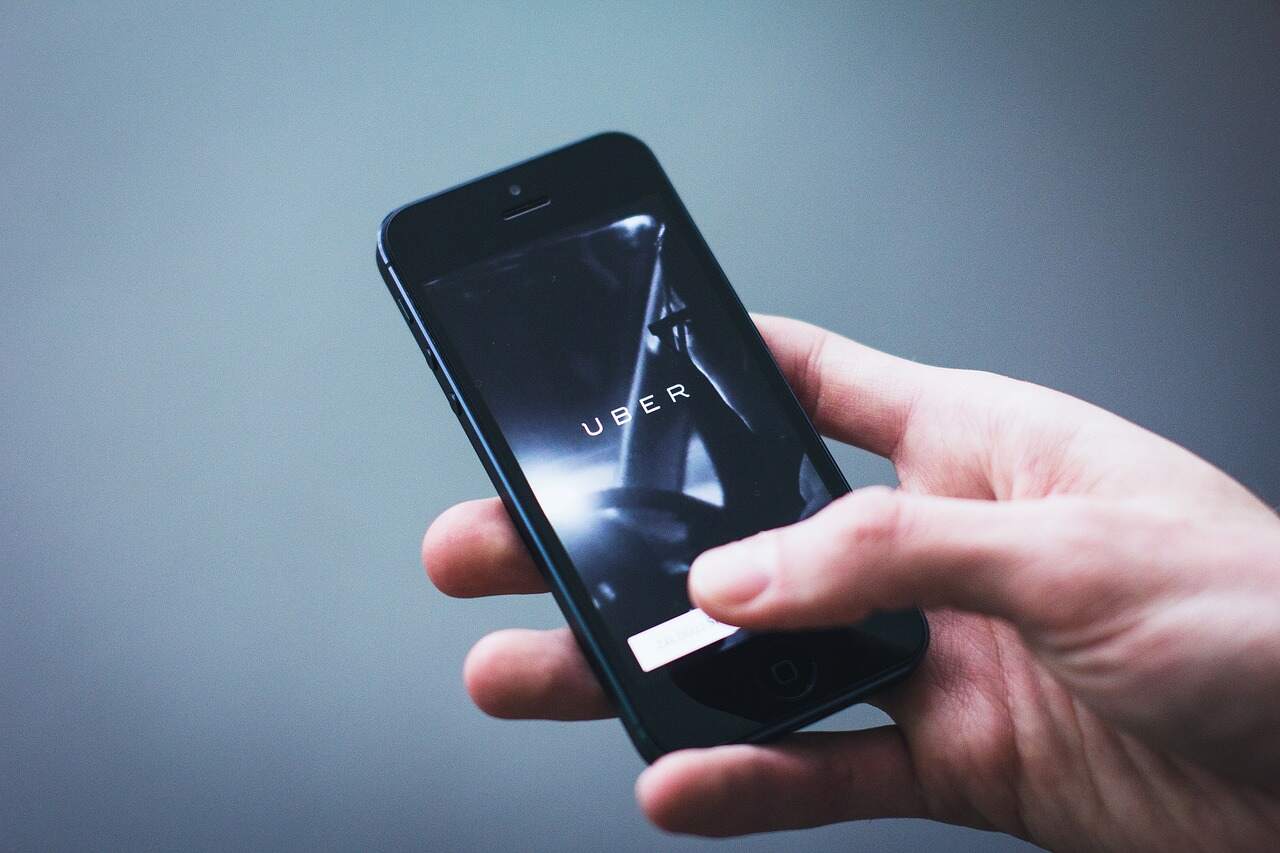
Uber faces possible collapse in SA: Here are the reasons
Once regarded as South Africa’s benchmark for ride-hailing, Uber now faces the threat of complete collapse.

Once celebrated as South Africa’s leading ride-hailing service, Uber now faces the threat of a complete collapse.
Growing safety issues, declining service quality, and rising public distrust are rapidly eroding the brand’s reputation and its dominance in the country’s urban transport sector built over the past decade.
From trailblazer to troubled
Uber launched in 2013 to widespread acclaim and quickly earned a reputation for providing safe, reliable, and professional transport.
The platform featured tracking technology, premium vehicles, and professional drivers—many of them university graduates looking to boost their income.
But by mid-2025, that image has completely reversed.
A service once known for its smooth and secure experience now faces mounting problems that have become impossible to ignore.
A crisis of safety
Over the past two years, several high-profile cases of rider assault, robbery, and suspected driver collusion have severely damaged Uber’s reputation.
Criminals have targeted victims, including celebrities like radio host Anele Mdoda, while everyday users say they feel unsafe, especially in areas like Sandton and Eastgate, where local taxi associations harass e-hailing drivers.
Uber drivers aren’t spared either.
Attacks, extortion, and car damage have become common, with some drivers fearing for their lives.
The E-hailing Partners Council has warned that drivers are being pushed out of key economic zones through violent intimidation, eroding their ability to earn and eroding Uber’s supply chain.
Deteriorating vehicles
Uber’s once pristine fleet is now a shadow of its former self.
Riders are increasingly reporting dirty, poorly maintained vehicles—often with broken air conditioners, lingering food smells, and questionable hygiene.
Users now describe Uber Black, once considered the premium option, as falling short of expectations.
Drivers say they can’t maintain vehicle standards due to tight profit margins, rising fuel costs, and Uber’s high commission structure.
“We’re operating at a loss,” said one Cape Town driver, “and Uber won’t listen.”
Broken platform, broken trust
Cancellations, no-shows, and billing issues have become routine.
Customers report being overcharged, wrongly penalised for cancelled rides, and ignored by Uber’s customer support.
Internal sources say some drivers manipulate the system by leaving their phones at e-hailing zones overnight to secure airport queue spots, causing false availability and lengthy rider delays.
Many now view the once-reliable Uber app as an unpredictable gamble.
Public sentiment turning sour
Uber South Africa, once one of the top-rated services on platforms like HelloPeter, now receives a flood of one-star reviews, with customers expressing fear, frustration, and distrust.
As competitors like Bolt, inDrive, private shuttle services, and SecureFire’s emergency response fleet gain traction, Uber is steadily losing the dominance it once held.
Systemic collapse looms
Experts say Uber is in danger of entering a service death spiral: poor quality leads to customer loss, which means lower income for drivers, leading to even worse service, and so on.
“Uber isn’t just facing a reputational crisis – it’s an operational and structural failure,” says transport analyst Dineo Mokoena.
“Without bold intervention, we could see Uber’s effective exit from key South African markets within the next 12 to 24 months.”
Uber responds
In a statement, Uber reaffirmed its commitment to safety and quality, saying it is “investing in in-app features and driver training.”
However, many riders and drivers believe these efforts come too late and fall short of addressing the real issues.
The bottom line
Uber South Africa is on the edge of collapse – not from external competition alone, but from its failure to maintain the standards that once made it great.
If the company cannot quickly regain the trust of riders, protect its drivers, and restore service quality, its ride in South Africa may soon be over.
